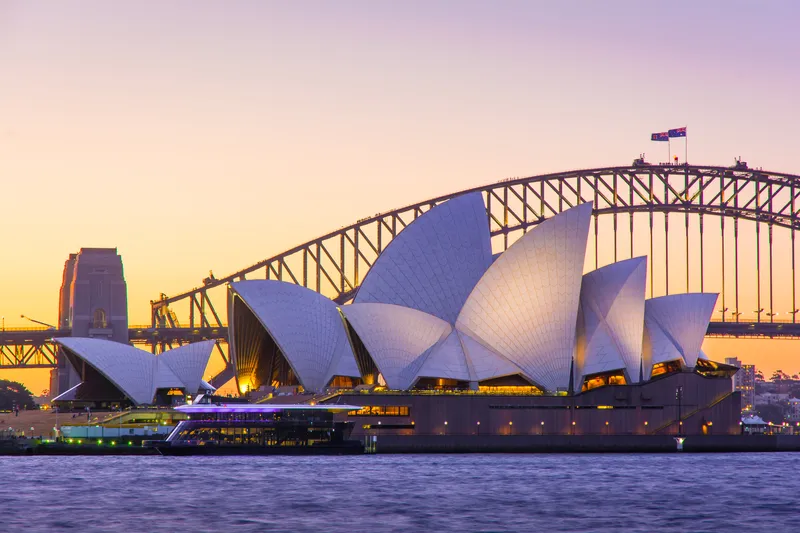
ITS Australia Summit 2024 will see strong involvement from the Asia-Pacific region.
Representatives from all 11 ITS Asia Pacific member associations - Australia, China, Hong Kong, Indonesia, Japan, Korea, Malaysia, New Zealand, Singapore, Taiwan and Thailand - will participate in the event at Sydney’s International Convention Centre from 13-15 August.
It follows on from last year's ITS Global Summit in Melbourne and the Asia Pacific Summit in Jakarta in March.
“The participation of all members of ITS Asia Pacific at Summit 2024 sends a powerful signal that our region is united in our ambition to solve many of the global transport challenges through the rollout of intelligent, technology-based solutions,” says Susan Harris, chief executive of ITS Australia.
“We know that the challenges of delivering safer, more sustainable, and productive transport systems are universal, and the opportunity to gather with leaders from the Asia Pacific region at ITS Summit 2024 allows us to collaborate and share learnings from pilots, projects, and programs being developed locally.”
Summit 2024 will focus on safe, sustainable and inclusive transport by using technology.
There will be an International ITS Leaders Forum, where participants look at shared transport challenges faced across the Asia Pacific region and highlight developing solutions which could be scaled from country level to regional or even global level.
“Asia Pacific leaders demonstrated a shared commitment to achieving sustainable and intelligent transportation solutions by adopting the Jakarta Declaration at the conclusion of May’s Asia Pacific Forum in Indonesia," says Dr William Sabandar, president of ITS Indonesia.
“The ITS Australia Summit is recognised globally as a leading ITS forum and presents the perfect opportunity for the Asia-Pacific leaders to reconnect on issues canvassed in Jakarta such as regional connectivity and inclusive infrastructure and how to tailor solutions to the unique needs of each country.”
Over three days and more than 40 sessions, there are six key themes: Smart Infrastructure and Data Ecosystems, Sustainable and Inclusive Transport, Electric, Connected, Automated Transport, Future Mobility, Governance Frameworks, and Freight and Services.
To register, click here








